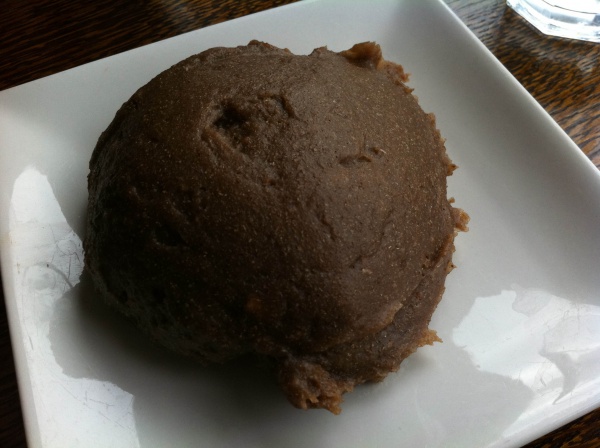Facts About Amala
Àmàlà is a cherished traditional Nigerian dish, particularly popular among the Yoruba people in the western regions of Nigeria. It is prepared using yam, cassava, or unripe plantain flour. To produce yam flour, yams are peeled, sliced, dried, and then ground into a flour known as elubo. There are three main varieties of àmàlà: àmàlà isu (yam flour), àmàlà láfún (cassava flour), and àmàlà ogede (plantain flour). Each type has its distinct flavor and nutritional benefits.
Àmàlà isu, made from yam flour, is the most prevalent. Àmàlà láfún is prepared from cassava flour, while àmàlà ogede is derived from plantain flour. The preparation of àmàlà involves mixing the flour with boiling water and stirring it until it forms a smooth, thick dough.
This dish is typically enjoyed with a variety of rich and flavorful soups such as egusi, ewedu, okro, efo riro, ogbono, and gbegiri. The combination of àmàlà and these soups creates a hearty and satisfying meal. Àmàlà is a staple in the Yoruba diet and is predominantly enjoyed in southwestern Nigeria.

 Chad
Chad